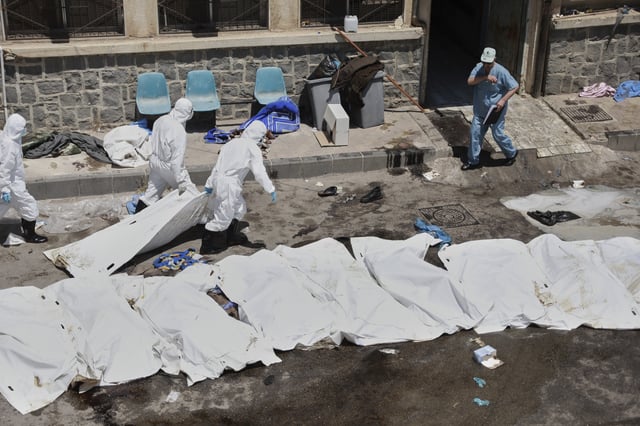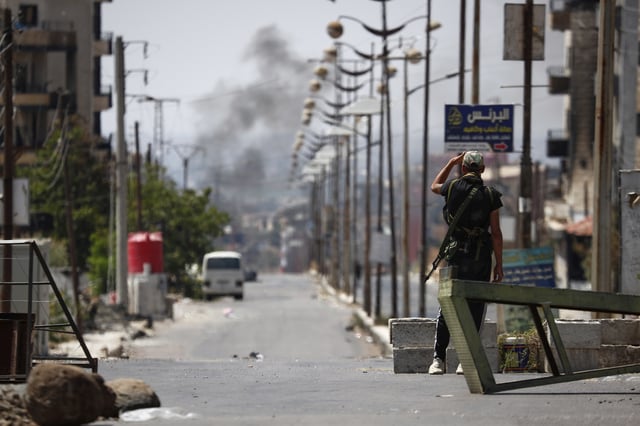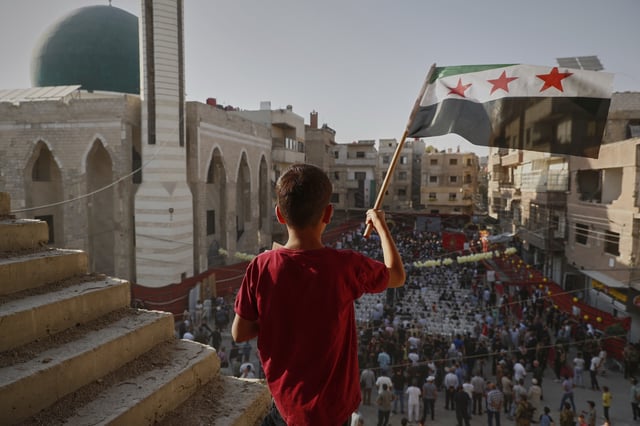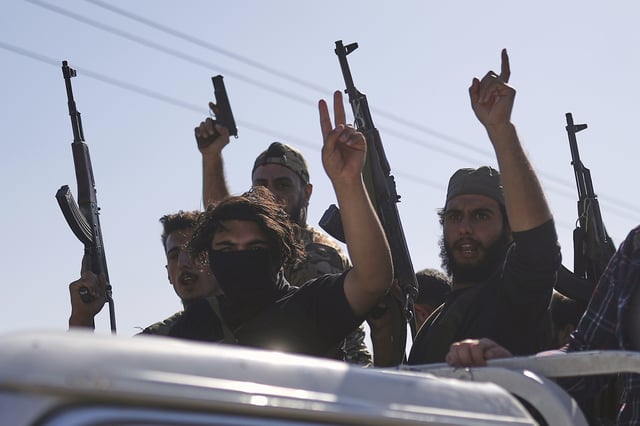Overview
- UN envoy Geir Pedersen warned that the July 19 Sweida ceasefire remains fragile, with dangerous skirmishes persisting and the risk of renewed fighting at any time.
- UN and OCHA assessments this week reported roughly 190,000 people newly displaced across Sweida, Dar'a and Rural Damascus, with schools sheltering families and services under severe strain.
- Emergency Relief Coordinator Tom Fletcher said 16 million Syrians need assistance, noted recent attacks on aid convoys, and flagged the 2025 appeal as only 14% funded with looming cuts.
- The interim authorities formed a fact-finding committee on abuses in Sweida, and the UN urged full publication of its findings and accountability for perpetrators regardless of affiliation.
- Tensions in the northeast have flared during efforts to implement the March 10 arrangement with the SDF, as international partners press for security-sector reform and DDR alongside targeted support such as new UK aid.



